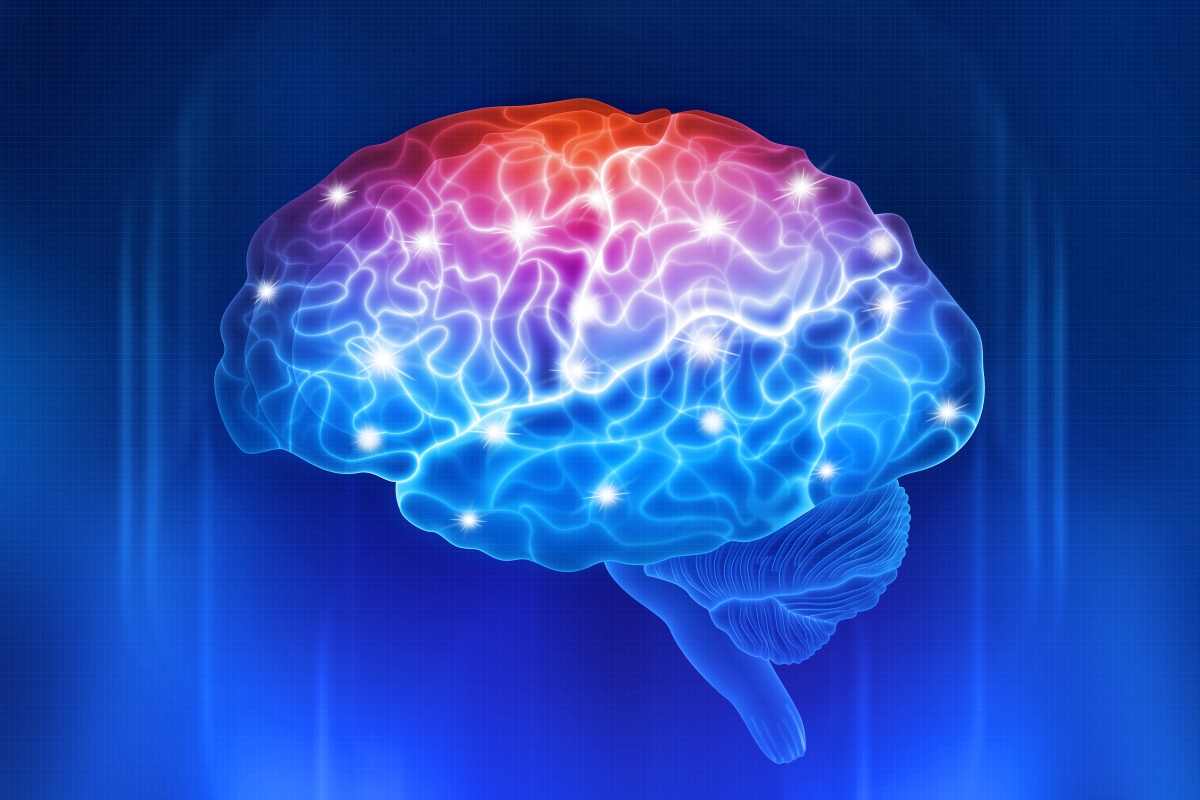High-fat diet worsens the impact of aging on microglial function and morphology in a region-specific manner (animal)
CNP Research Summary can be found in the CNP Library Membership


The CNP Diet and Brain Research Category consolidates research exploring the interdependent relationship between dietary intake and the brain. To view each original study on the open internet, click “Original.” To view the CNP-written abstract summary, click “CNP Summary.” While only some of the CNP-written abstract summaries are available below for free, all abstract summaries are available to CNP members through the CNP Library Membership.

Consumption of a Western diet (WD) during early developmental stages is linked to memory problems, particularly affecting processes reliant on the hippocampus (HPC). To explore the neurobiological reasons behind this, Hayes et al. (2024) established a rodent model where early exposure to WD led to enduring dysfunction in the HPC. Rats were given either a cafeteria-style WD with unrestricted access to high-fat/high-sugar foods (CAF) or standard healthy chow (CTL) during their juvenile and adolescent phases (postnatal days 26–56). Behavioral and metabolic assessments were conducted before and after a period of healthy diet intervention starting in early adulthood. The results showed persistent deficits in contextual episodic memory in CAF rats, indicating HPC involvement. Since disrupted acetylcholine (ACh) signaling in the HPC is associated with memory problems, the authors examined ACh-related protein markers in CAF and CTL rats’ dorsal HPC (HPCd). Lower levels of vesicular ACh transporter protein were found in the HPCd of CAF rats compared to CTL rats, suggesting chronically reduced ACh levels. Using an intensity-based ACh sensing fluorescent reporter (iAChSnFr) in vivo fiber photometry targeted at the HPCd, the authors discovered that ACh release during object-contextual novelty recognition was strongly linked to memory performance and was impaired in CAF rats compared to CTL rats. Neuropharmacological experiments demonstrated that infusion of an alpha 7 nicotinic ACh receptor agonist into the HPCd during training restored memory deficits in CAF rats. Overall, these results highlight a functional relationship between early WD consumption and persistent dysregulation of HPC ACh signaling, providing insight into the mechanism underlying WD-related memory issues.
High-fat diet worsens the impact of aging on microglial function and morphology in a region-specific manner (animal)
CNP Research Summary can be found in the CNP Library Membership
Withdrawal from extended, intermittent access to a highly palatable diet impairs hippocampal memory function and neurogenesis: effects of memantine
Higher reported saturated fat and refined sugar intake is associated with reduced hippocampal-dependent memory and sensitivity to interoceptive signals
CNP Research Summary can be found in the CNP Library Membership
Reduced cognitive function, increased blood-brain-barrier transport and inflammatory responses, and altered brain metabolites in LDLr -/-and C57BL/6 mice fed a western diet
Impaired brain homeostasis and neurogenesis in diet-induced overweight zebrafish: a preventive role from A. borbonica extract (animal)
CNP Research Summary can be found in the CNP Library Membership
Mitochondrial dynamics in the brain are associated with feeding, glucose homeostasis, and whole-body metabolism
High on food: the interaction between the neural circuits for feeding and for reward
CNP Research Summary can be found in the CNP Library Membership
Hedonic eating and the “delicious circle”: From lipid-derived mediators to brain dopamine and back
Ghrelin and orexin interact to increase meal size through a descending hippocampus to hindbrain signaling pathway
CNP Research Summary can be found in the CNP Library Membership